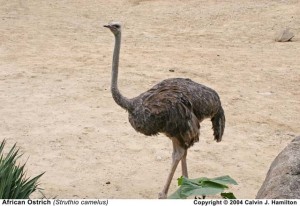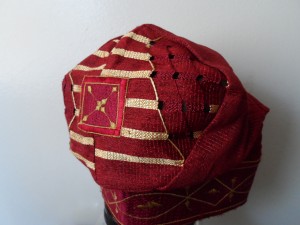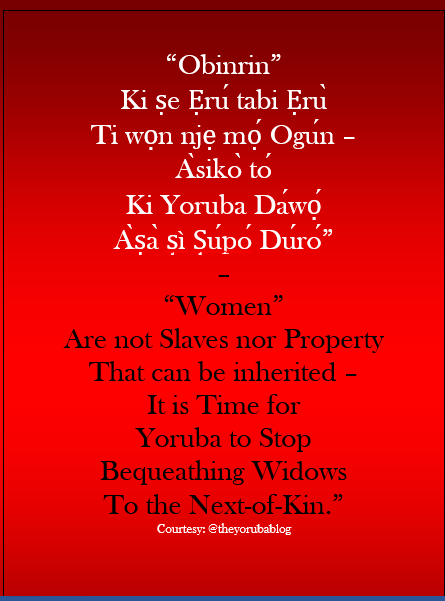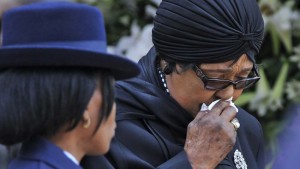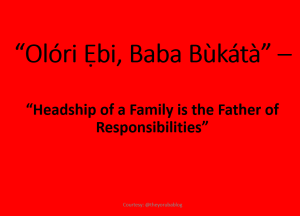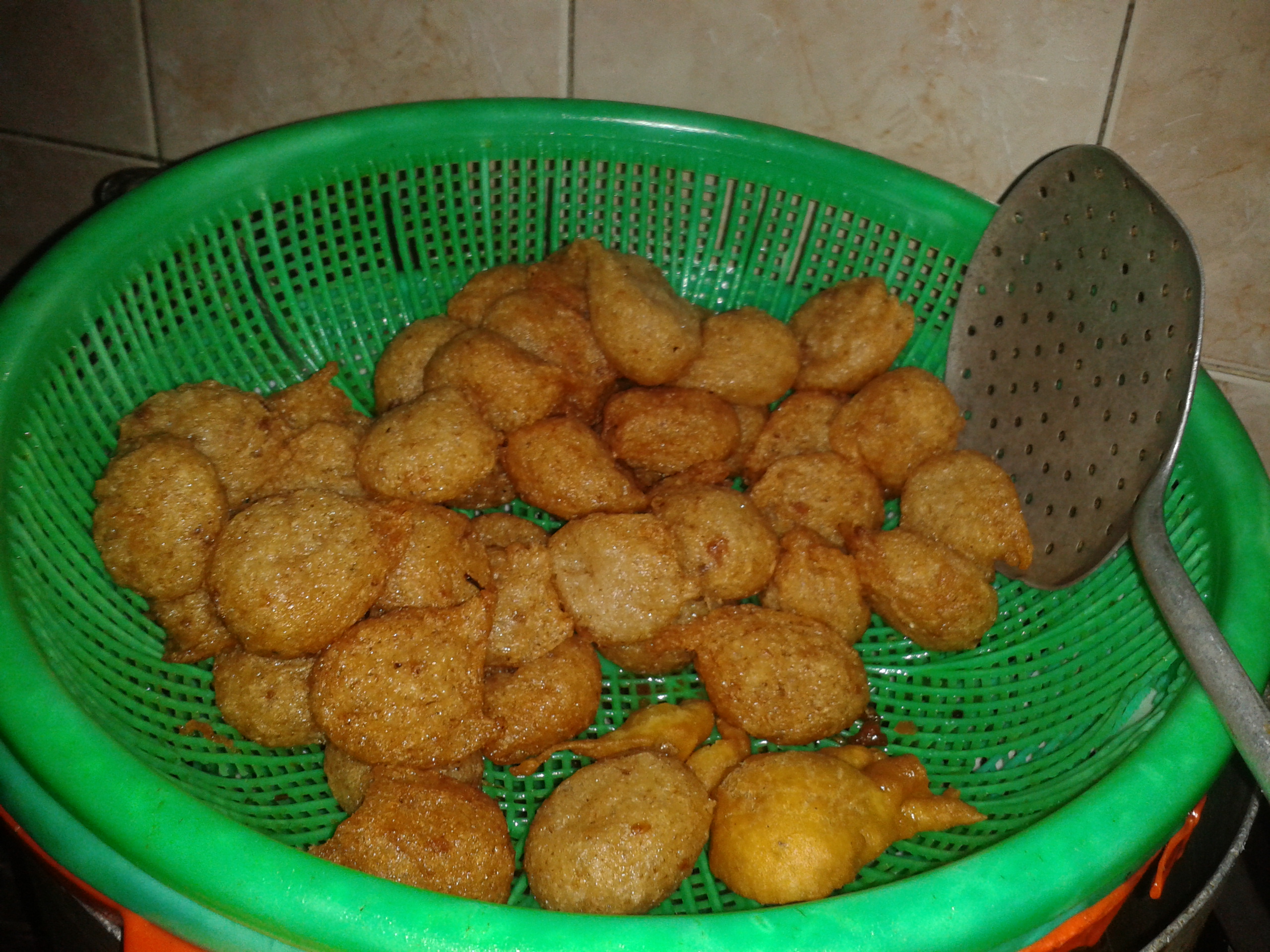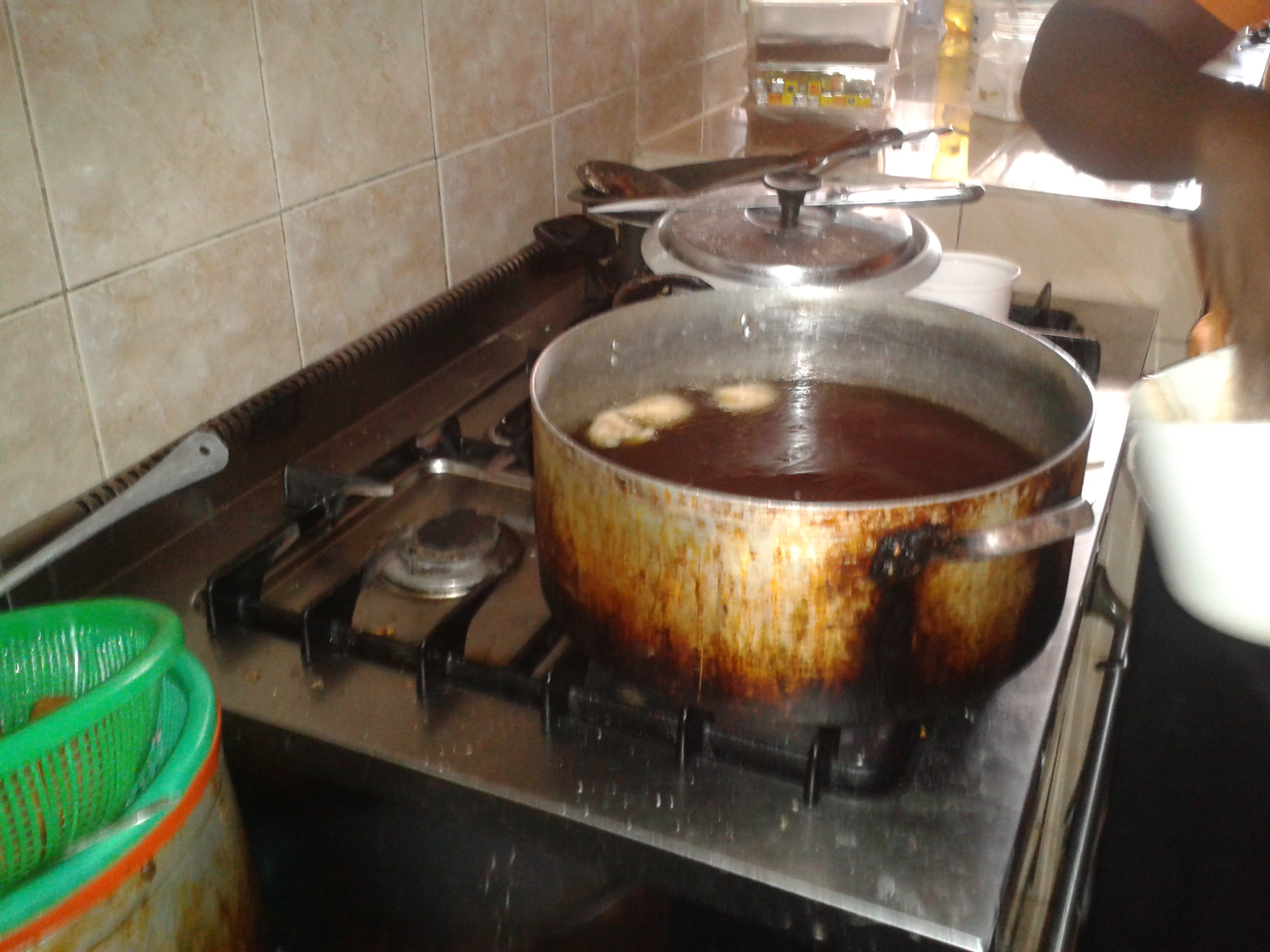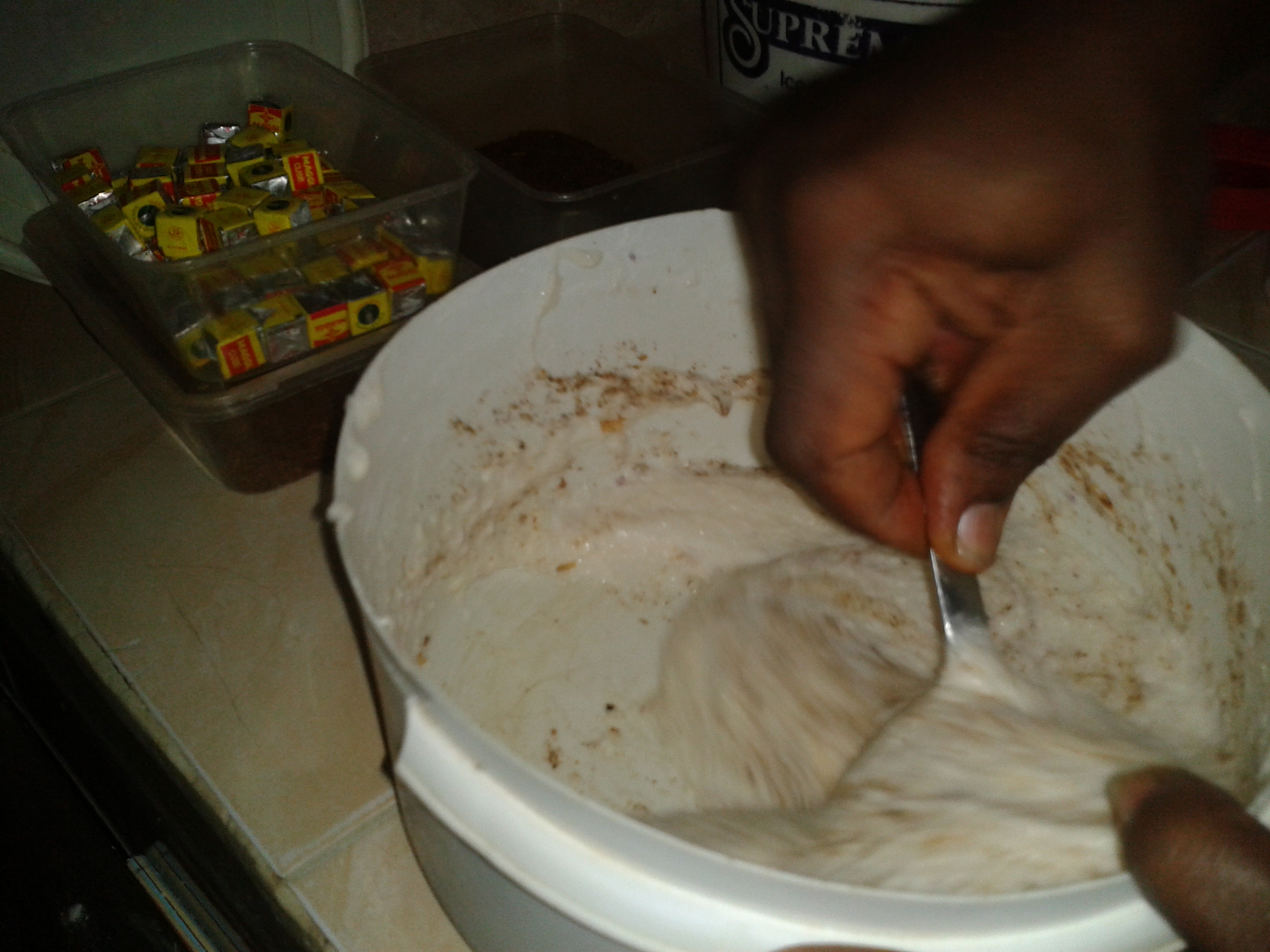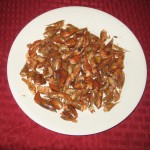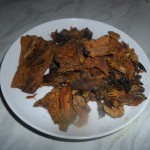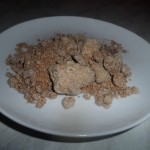Gẹ́gẹ́bí ọ̀rọ̀ Yorùbá ti ó ni “Iṣẹ́ ni oogun ìṣẹ́”, jẹ́ òtítọ́, bi òṣìṣẹ́ bá ri owó gbà ni àsìkò, tàbi gba ojú owó fún iṣẹ́ ti wọn ṣe. Òṣìṣẹ́ ti ó ṣiṣẹ́ fún ọ̀pọ̀lọpọ̀ wákàtí/àkókò lórí owó kékeré, kò lè bọ́ ninu ìṣẹ́, nitori, ọlọ́rọ̀ kò ni ìtìjú lati jẹ òógùn Òṣìṣẹ́. Ọ̀pọ̀ òṣìṣẹ́, a fi ìtìjú gé ara wọn kúrú nipa àti bèrè ẹ̀tọ́ wọn. Òṣìṣẹ́ míràn a ṣe iṣẹ́ ọ̀fẹ́ fún ọlọ́rọ̀ tàbi ki wọn fúnra wọn gé owó ise wọn kúru lati ri ojú rere ọlọ́rọ̀, nipa èyi, wọn á pa owó fún ọlọ́rọ̀ ni ìparí ọdún.
Ọ̀rọ̀ Yorùbá ti o ni “Ọ̀dájú ló bi owó, ìtìjú ló bi igbèsè” ṣe ló lati ba oloro tàbi o ni ilé-iṣẹ́ ti á lo gbobo ọ̀nà lati ma gba “Ẹgbẹ́-òṣìṣẹ́” láyè. Ọlọ́rọ̀ kò ni ìtìjú lati lo òṣìṣẹ́ fún owó kékeré. A lè lo ọ̀rọ̀ yi lati gba Òṣìṣẹ́ ni ìyànjú ki wọn má tara wọn ni ọ̀pọ̀, nipa bi bèrè owó ti ó yẹ fún iṣẹ́ ti wọn ṣe àti pé ki òṣìṣẹ́ gbìyànju lati kọ iṣẹ́ mọ́ iṣẹ́ lati wà ni ipò àti bèrè ojú owó.
ENGLISH TRANSLATION
According to the Yoruba adage that said “Work is the antidote against poverty”, can be true if workers are paid timely a fair/living wage. A worker that works several hours to make ends meet on low wages cannot be said to be out of poverty. While the rich are shameless about exploiting the employees, some employees are shy of demanding for the right wage. Some would undercut themselves by working extra hours without the commensurate pay in order to please their employer who declares so much profit at the end of the year.
The Yoruba adage that is literarily translated as “Shrewdness gives birth to money/wealth and shyness gives birth to debt” is apt in addressing the rich or company owner who will do everything to deprive the employees the freedom of association such as joining “Workers Union”. Employers have no shame in undercutting the employees. It can also be used to enlighten the employees not to undercut themselves by negotiating the right wage and also to take advantage of improving their skills to give them better chance of negotiating.
Originally posted 2013-09-03 17:35:06. Republished by Blog Post Promoter


